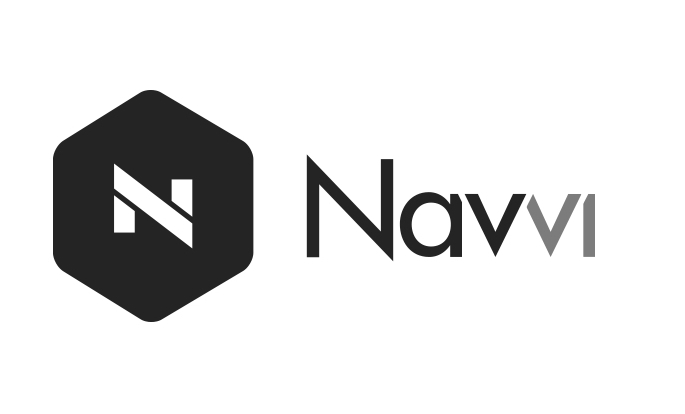Disease, namely Ebola, and extreme weather send food prices soaring in parts of Africa. What is the link between emerging countries and disease and climate change? What is the emerging world doing doing to protect their agriculture sectors? Morocco may have an answer….
Of the many consequences of the Ebola outbreak, one is an exacerbated food crisis. Border closures in Sierra Leone, Liberia and Guinea have stopped the flow of food. This, in addition to labor shortages, have sent food prices through the roof. To read more about Ebola and food security see the Orange African Social Venture Prize article here.
Morocco is leading the way to more sustainable and cooperative agricultural practices. They don’t have a choice. Eighteen percent of Morocco’s GDP comes from agriculture and 75 percent of the rural population depends on agriculture for employment. With a future that will be defined by unpredictable climate changes, Morocco’s agricultural sector is at risk. Only 16 percent of Morocco’s arable land can be irrigated, meaning there is little standing between Morocco’s food supply and climate change. A recent article by Al-Monitor explains “any shortage or excess rainfall has an immediate effect on the economy as a whole.”
In 2008 Morocco developed the “Green Morocco Plan” to increase agricultural productivity and food security, minimize agricultural inefficiencies, and provide a buffer against extreme weather. The first pillar of the strategy focuses on high-yield agriculture. Large projects include expanding irrigation and building dams. The second pillar supports small farmers, promotes local food production, and replaces unsustainable crops with more climate and terrain appropriate crops. Morocco’s visionary leadership could produce profits and spur a shift towards more environmentally and economically sustainable agriculture.

